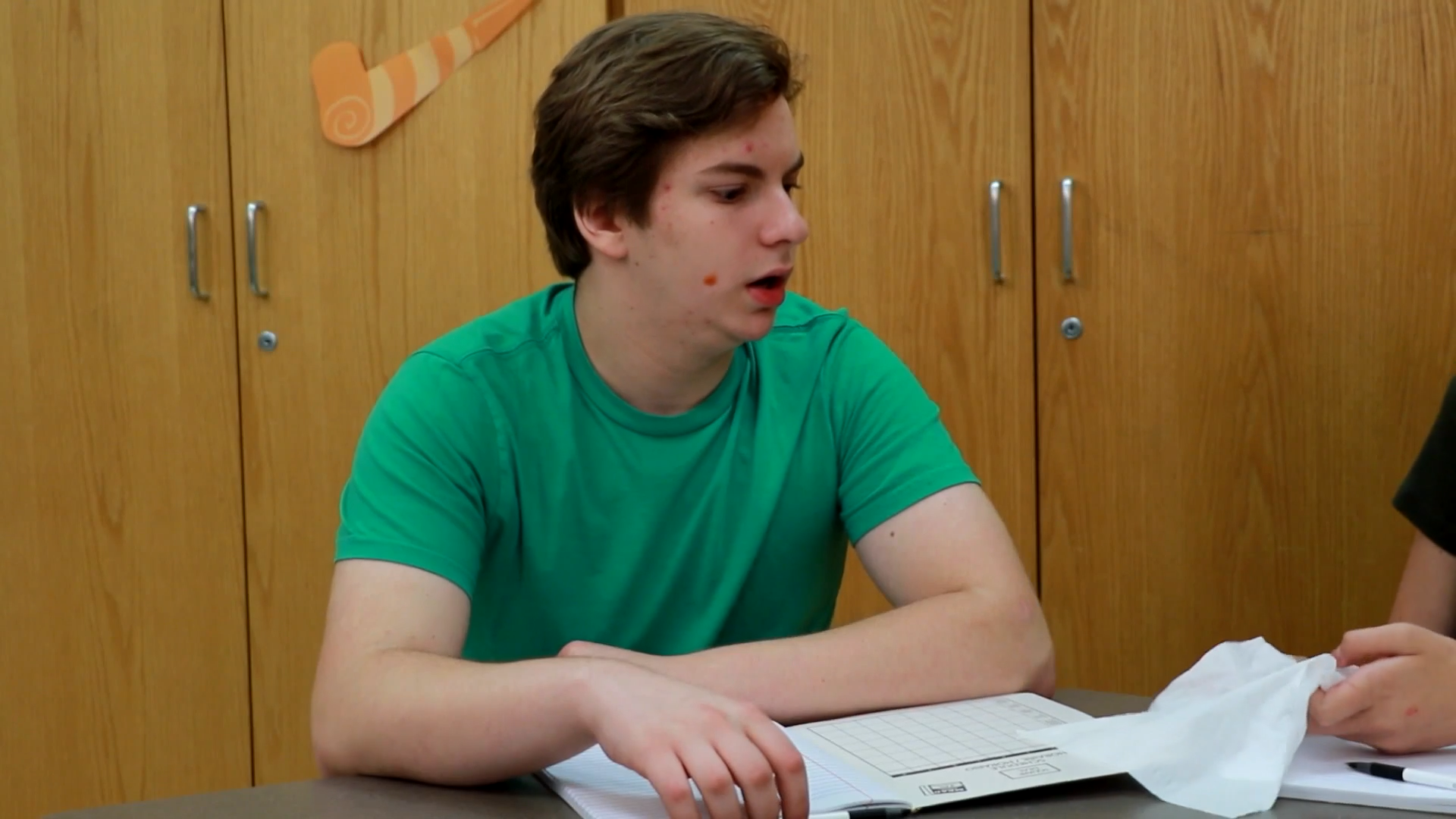Introduction
Embarrassment is a natural part of life, and everyone experiences it at some point. For elementary students, learning how to cope with embarrassment is an essential skill that can help them build resilience, improve their social interactions, and develop healthy self-esteem. In this blog post, we will discuss an effective no-prep activity, discussion questions, and related skills to promote positive self-talk and help students handle embarrassing situations.
No-Prep Activity: Embarrassing Moments Charades
This activity requires no preparation or materials from the educator and is an engaging way to help students practice staying calm and using positive self-talk in embarrassing situations. Here’s how it works:
- Divide the class into small groups.
- Ask each group to brainstorm common embarrassing situations that might happen at school or home.
- One student from each group will act out an embarrassing moment without speaking, while the other group members will try to guess the situation.
- Once the situation is correctly guessed, the student acting out the situation should demonstrate how to use positive self-talk and deep breathing to stay calm and overcome the embarrassment.
- Rotate through the group members, allowing each student to have a turn acting out a situation and practicing positive self-talk.
This activity helps students become more comfortable with the idea that embarrassing situations happen to everyone, and it encourages them to practice using positive self-talk to stay calm and overcome their feelings of embarrassment.
Discussion Questions
After the activity, use these discussion questions to stimulate further conversations about handling embarrassment:
- Why do you think people feel embarrassed when they make a mistake or have an awkward moment?
- Can you share a time when you felt embarrassed? How did you handle it?
- What are some phrases you can use for positive self-talk when you’re feeling embarrassed?
- How can staying calm and using positive self-talk help us overcome our feelings of embarrassment?
- What can you do to support a friend who is feeling embarrassed?
Related Skills
In addition to positive self-talk, there are other essential skills that can help students handle embarrassing situations and develop healthy social-emotional competencies. These skills include:
- Empathy: Understanding and sharing the feelings of others can help students be more supportive of their classmates when they experience embarrassment.
- Resilience: Developing resilience allows students to bounce back from difficult situations, such as embarrassing moments, and maintain a positive outlook.
- Assertiveness: Teaching students to assert themselves and communicate their feelings effectively can help them handle embarrassing situations with confidence.
- Problem-solving: Encouraging students to think critically and find solutions to challenges, including overcoming embarrassment, can promote personal growth and self-confidence.
Next Steps
Helping elementary students learn to handle embarrassment and develop essential social-emotional skills is a vital part of their overall growth and development. To explore more activities and resources that can support your students’ social-emotional learning journey, we invite you to sign up for free sample materials at Everyday Speech. You’ll find a wide variety of engaging and practical resources designed to help students build the skills they need to navigate the challenges of life with confidence and resilience.











